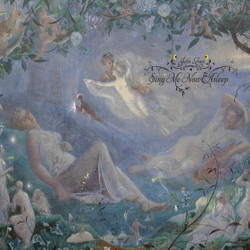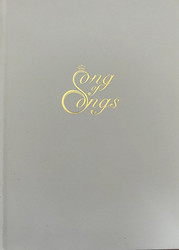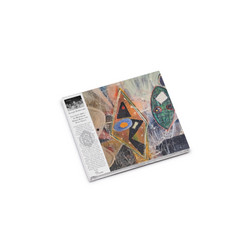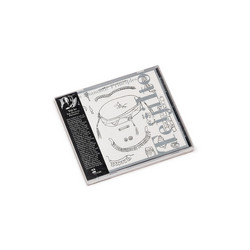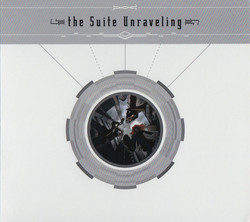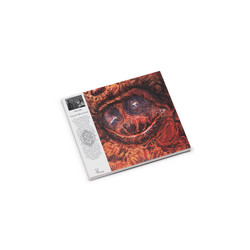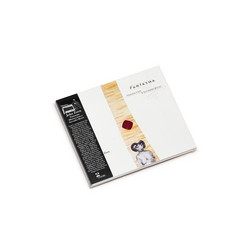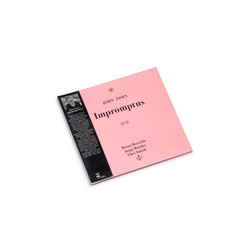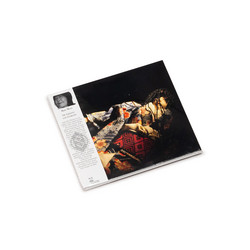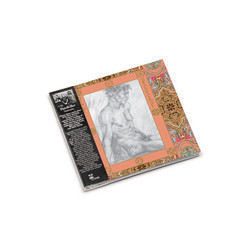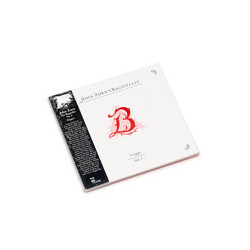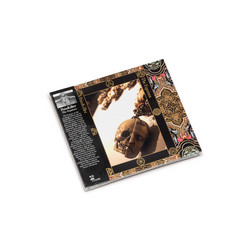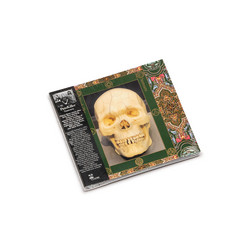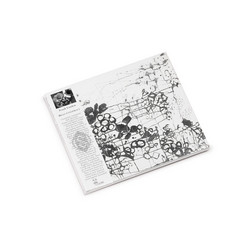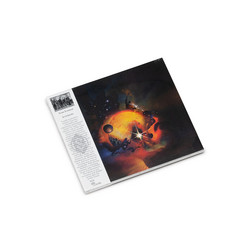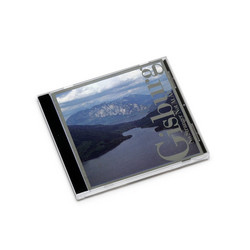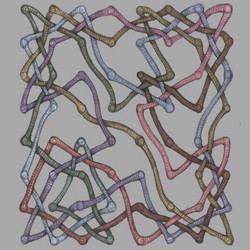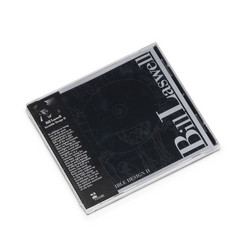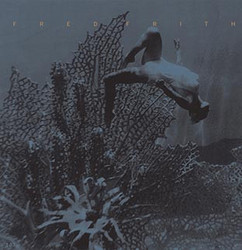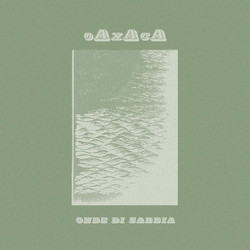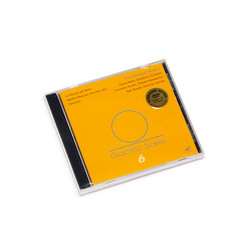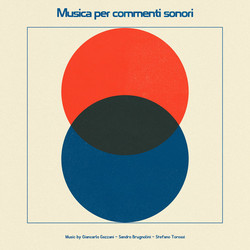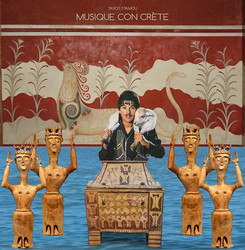The first release outside Japan of music by one of the most original and underappreciated composers in contemporary music brings José Maceda's remarkable catalog to international attention. Born in 1900 in the Philippines, Maceda created extraordinary compositions, often for large ensembles of the same instrument, across five decades of creative output. This CD brings together three very different pieces from his enormous catalog, showcasing the breadth and originality of his compositional vision. The hypnotic Suling-Suling demonstrates Maceda's mastery of large-scale homogeneous ensembles, scored for forty bamboo flutes that create shifting clouds of texture and timbre. The work exemplifies his revolutionary approach to musical time and space, drawing from traditional Southeast Asian concepts of musical flow rather than Western developmental structures.
Colors Without Rhythm represents one of his most dynamic orchestral compositions, performed brilliantly by the Manila Symphony Orchestra under the direction of the composer himself. The work showcases Maceda's ability to adapt his textural approach to Western orchestral forces while maintaining the distinctive sound-mass aesthetic that characterized his innovative style.
Pagsamba stands as one of the strangest masses ever written, scored for gongs, voices and bamboos and recorded live in an open-air temple in the Philippines. This ritualistic composition reflects Maceda's deep engagement with indigenous Filipino spiritual practices and his commitment to creating music that serves ceremonial and communal functions beyond concert hall performance. These recordings document Maceda's unique position as both ethnomusicologist and composer, someone who spent decades documenting traditional Southeast Asian music while simultaneously creating entirely new forms of musical expression. His approach challenged Western musical assumptions about harmony, rhythm, and form, instead prioritizing texture, spatial relationships, and what he termed "drone and melody" structures derived from his fieldwork.
The release provides essential documentation of a composer whose influence extended far beyond the Philippines, inspiring generations of experimental musicians while remaining largely unknown to international audiences. Maceda's vision of music as environmental experience and his integration of traditional Asian instruments with contemporary compositional techniques established him as a true pioneer of cross-cultural musical synthesis.
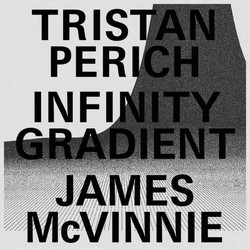
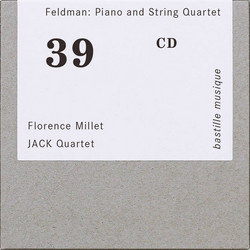


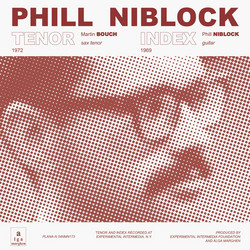
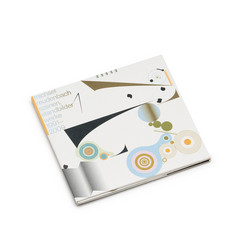



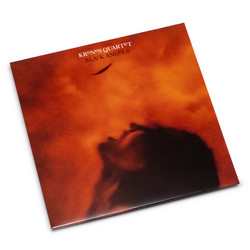
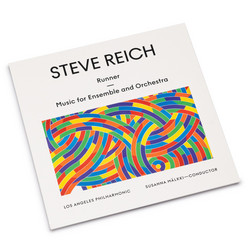
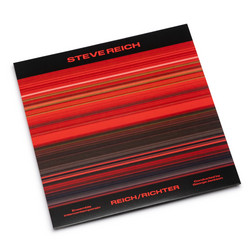


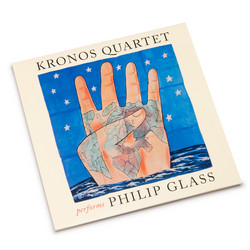



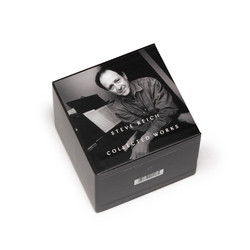
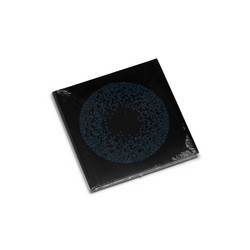
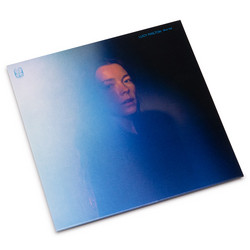
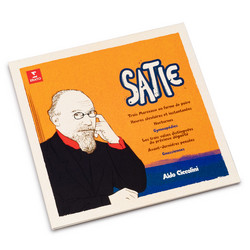
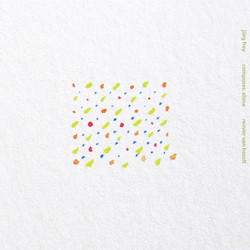

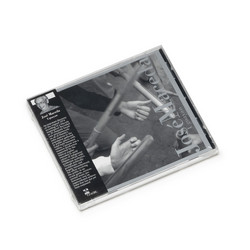
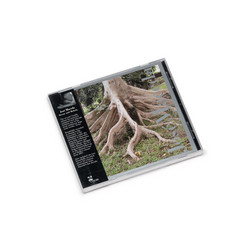
![Field Recordings in Philippines [1953-1972]](https://cdn.soundohm.com/data/products/2024-05/R-7666728-1446390329-4655-jpeg.jpeg.250.jpg)

